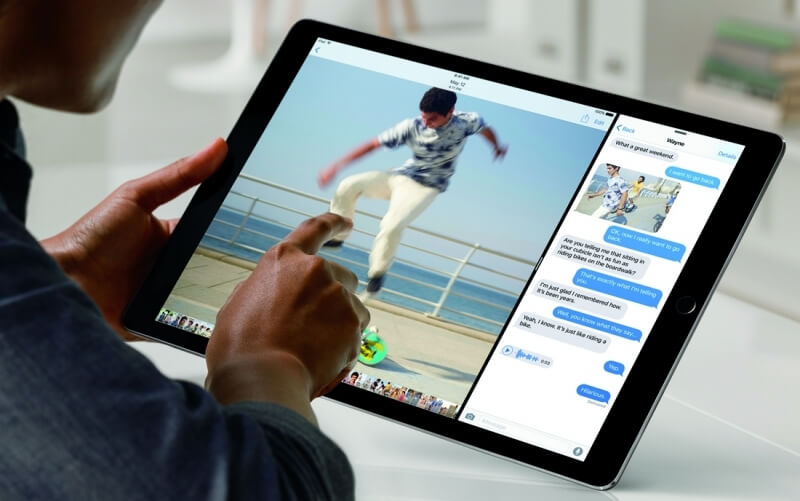While tablet sales continue to plummet - the IDC's recent figures show a 12.3 percent fall in Q2 2016 compared to the same period last year - it seems this isn't going to slow Apple down when it comes to releasing new models of the iPad.
A recent report from renowned analyst Ming-Chi Kuo, who has accurately predicted a number of Apple products, says that the Cupertino company will launch a 12.9-inch iPad Pro 2, a 10.5-inch iPad Pro, and low-cost 9.7-inch iPad in 2017. This will be followed in 2018 by a "revolutionary" new model that may feature a flexible AMOLED display.
We expect three new iPads (12.9" iPad Pro 2, new size 10.5" iPad Pro & low-cost 9.7" iPad) to be launched in 2017, though this may not drive shipment growth amid structural headwinds; 2017F shipments to fall 10-20% YoY. If the iPad comes in a larger size, such as a 10.5" model, we believe it will be helpful to bid for tenders within the commercial and education markets.
As a result, we expect Apple to launch a 10.5" iPad Pro in 2017. In addition, we estimate the 12.9" iPad Pro 2 and 10.5" iPad Pro will adopt the A10X processor, with TSMC being the sole supplier using 10nm process technology. The low-cost 9.7" model may adopt the A9X processor, which is also exclusively supplied by TSMC.
The current 7.9-inch iPad Mini is conspicuously absent from Kuo's report. While it could just be that the analyst has no predictions for device, there's been speculation that Apple will phase out the series, possibly because the introduction of larger iPhone models has lessened demand for the smaller iPads.
Kuo goes on to state that 2018 will be the year that the iPad receives a "radical" new design change. "Revolutionary iPad model likely to be introduced in 2018F at the earliest, with radical changes in form factor design & user behavior on adoption of flexible AMOLED panel," he writes.
Assuming Kuo is correct, and he usually is, it'll be interesting to see if the new iPads help turn the tablet market around. Most people who already own an iPad don't feel the need to upgrade, so Apple will have to give them some compelling reasons to spend the cash on a new device.
